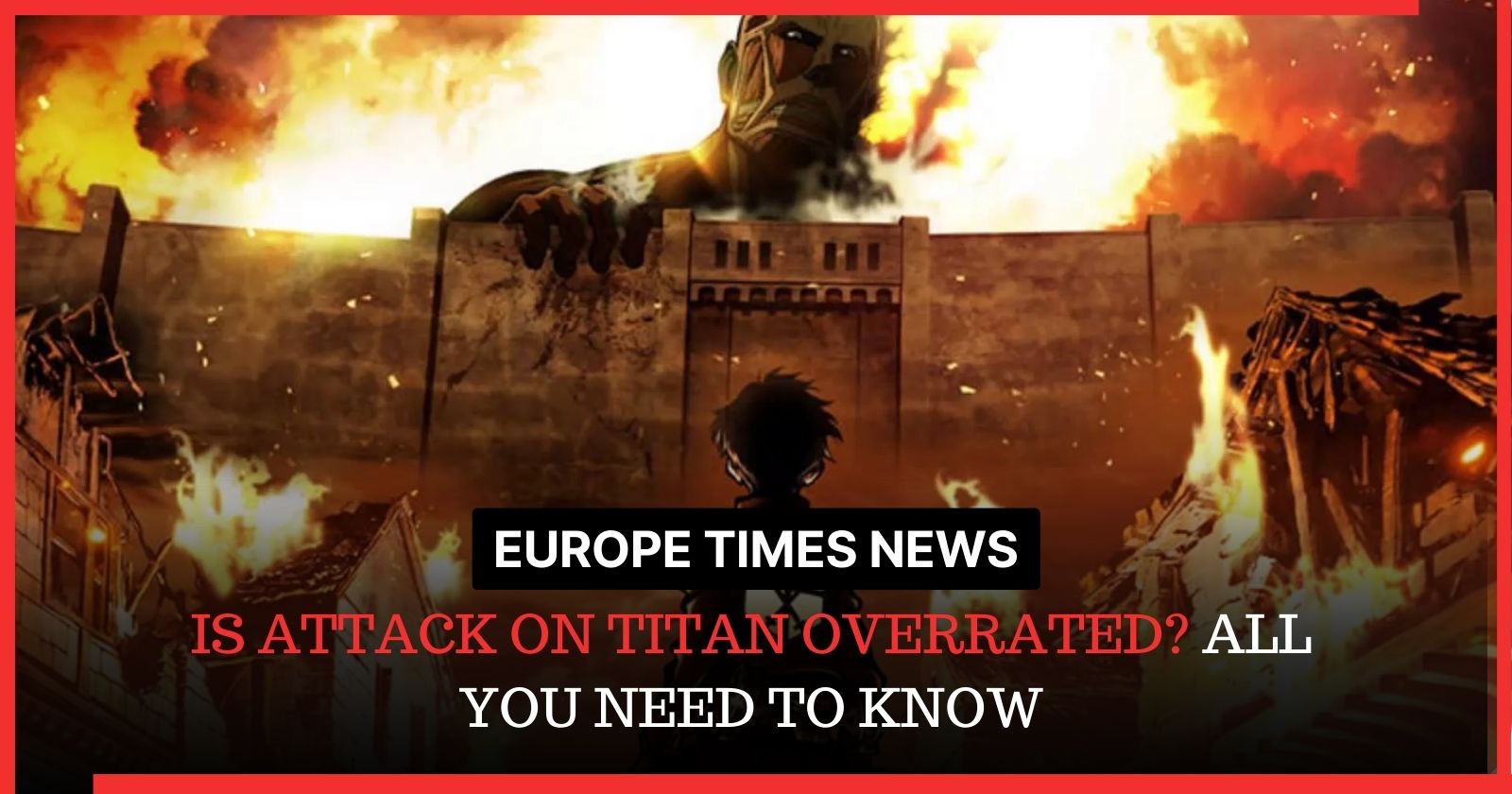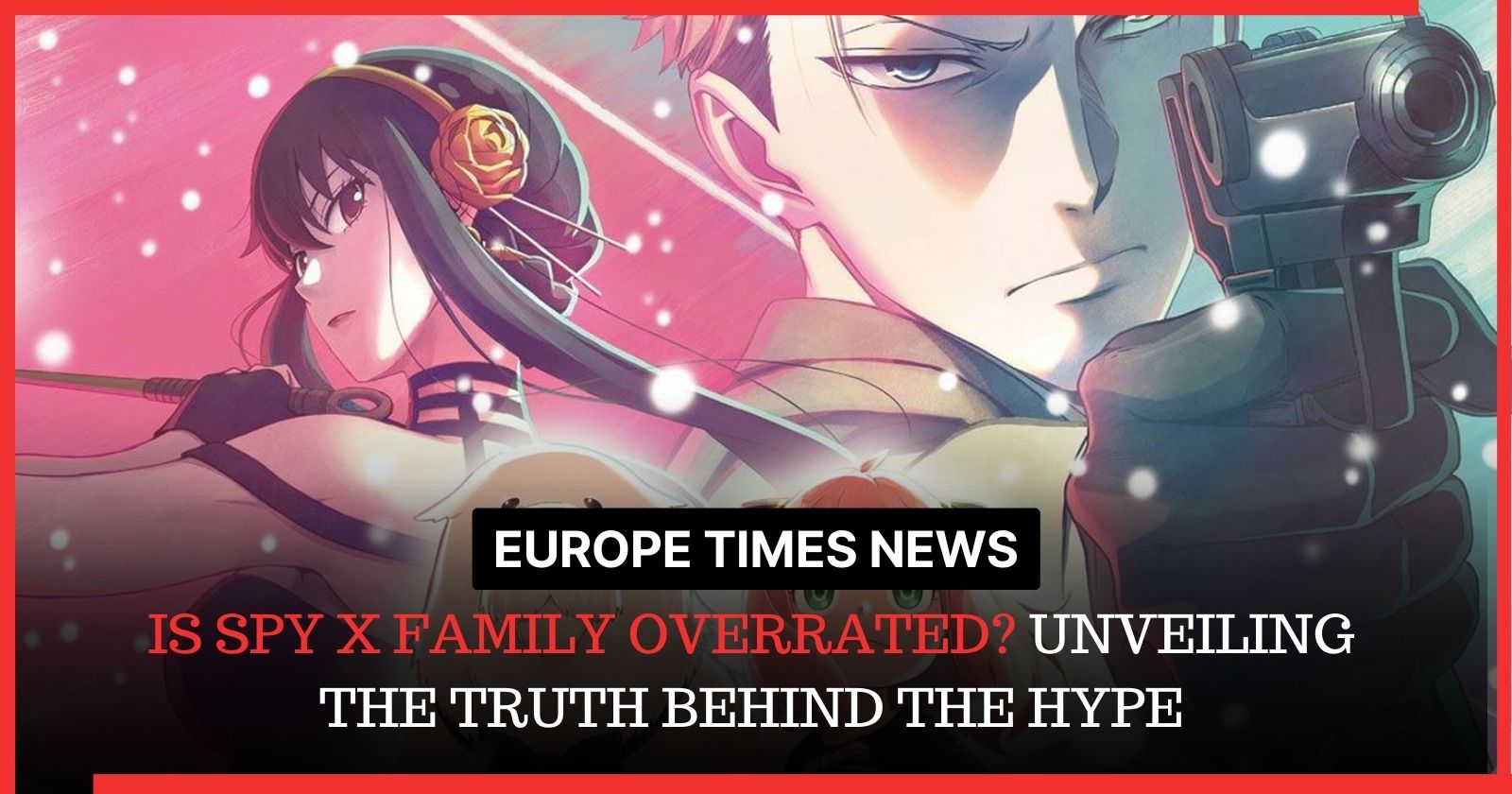No, Fairy Tail isn’t overrated. Though Fairy Tail is overrated depends on personal taste. Some fans adore its characters, humor, and action, while critics argue its storytelling and character development are lacking. It’s celebrated for its themes of friendship and loyalty but seen as formulaic by others.
Over 60 million copies of “Fairy Tail” have flown off the shelves worldwide, sparking debates in every corner of the anime community. Some fans argue it’s the pinnacle of fantasy adventure; others claim it’s all flash with no substance.
This divide has led many to wonder: is “Fairy Tail” overrated? Dive into this heated discussion as we explore what makes this series a hit for some and a miss for others.
From its vibrant characters to its sometimes predictable plot twists, let’s unravel the magic thread that holds “Fairy Tail” together and see where it stands in the grand scheme of anime legends.
Fairy Tail’s Divisive Reception
Fan Opinions
Fans are split on Fairy Tail. Some love the characters and their journeys. They think the story is exciting and fun. Others disagree.
People say the character development is weak. They argue some characters don’t grow much through the series. This makes them unhappy.
Emotional Depth
The show mixes drama with comedy. This blend doesn’t work for everyone.
Critics say Fairy Tail fails to deeply explore its emotional themes. They believe it focuses too much on jokes, missing chances for more serious storytelling.
Supporters enjoy this mix, though. They feel it keeps the show light and entertaining.
Expectations vs Reality
Before watching, many had high hopes for Fairy Tail based on what they heard or read about it.
Once they started watching, some were let down by what they found.
- The story didn’t go as deep as they hoped.
- The humor sometimes felt out of place in serious moments.
Others found exactly what they wanted:
- Adventure
- Friendship
- Magic battles
They argue that these elements make Fairy Tail special despite its flaws.
Analyzing Fairy Tail’s Popularity and Criticism
Viewer Ratings
Fairy Tail boasts high viewer ratings. Many fans love it. But, some critics don’t agree. They point out flaws in the story.
Critics say the plot has problems. Fans still enjoy watching it, though. This shows a big difference between fan love and critical views.
Fan Service
Fan service plays a big role in Fairy Tail’s popularity. It attracts many viewers but also gets criticism.
Some people think fan service is too much. Others believe it adds fun to the show. This makes Fairy Tail stand out but also brings up debates about its quality.
Characters and Music
Memorable characters make fans come back for more. Their stories and personalities are engaging.
The music in Fairy Tail is another strong point. It enhances emotional scenes and battles, making them unforgettable.
Both characters and music help cover perceived weaknesses in the plot or pacing of the show.
Overrated Characters in Fairy Tail
Fan Favorites
Some characters get a lot of attention. They are everywhere in the show. But, do they grow much? Not really. Fans love them, so they keep popping up.
Natsu and Lucy are prime examples. They’re fun but don’t change much over time. Yet, we see them a lot more than others who might need the spotlight to grow.
Power Scaling
Power levels can be confusing in Fairy Tail. Some characters suddenly become super strong without much explanation.
Erza is a key case here. Her victories often seem too easy, given her opponents’ strength. This inconsistency makes some fights feel less thrilling because you guess she’ll win somehow.
Plot Armor
Plot armor means a character won’t face real danger because the story protects them. In Fairy Tail, this happens quite a bit.
Characters like Gray and Erza survive situations that should be impossible to escape from unscathed. It’s hard to worry for them knowing they’ll likely come out fine no matter what.
Storytelling and Pacing Issues
Abrupt Arcs
Fairy Tail often ends its arcs suddenly. This leaves many questions unanswered. Fans feel frustrated when plot points don’t get resolved.
The series moves from one story to another quickly. Sometimes, it feels like we miss important parts of the story.
Inconsistent Pacing
The pacing in Fairy Tail can be all over the place. Some episodes move very fast while others drag on for too long.
This inconsistency makes it hard to stay engaged. Viewers might lose interest or get confused about what’s happening in the story.
Reliance on Flashbacks
Flashbacks are common in Fairy Tail. They interrupt the current storyline a lot.
Sometimes, these flashbacks help us understand characters better. Other times, they just make the narrative harder to follow.
The Impact of Repetitive Plotlines
Friendship Themes
The series often shows friendship as a mighty force. This idea repeats in many episodes. It’s like the show says, “Friends can beat any problem.” But, after seeing this many times, it feels old.
Viewers start to guess the ending of conflicts. They know friends will win. This makes some fans ask if Fairy Tail is overrated.
Villain Redemption
Another common story is about bad guys turning good. At first, this was interesting. It showed anyone could change for the better.
But soon, every new villain seemed to follow this path. It became too predictable. Fans started to expect every villain to become a friend by the end.
Suspense Loss
With stories repeating, suspense suffers greatly.
- When outcomes are guessed easily, excitement drops.
- Knowing friends always win or villains turn good lessens surprises.
This repetition might lead viewers to think less of Fairy Tail’s creativity and originality.
Fairy Tail’s Contribution to the Anime Genre
Unique Magic
Fairy Tail introduced a magic system unlike any other. This magic is not just about spells and potions. It is deeply tied to the characters’ emotions and life stories.
This approach was new. Many anime that came after Fairy Tail used similar ideas. They made their magic systems more personal and emotional, too.
Guild Community
The idea of guilds in Fairy Tail set a trend. Before this, most anime focused on lone heroes or small teams. Fairy Tail showed us the power of community.
Guilds were like big families fighting together. This concept became popular in later anime series. They also started showing bigger groups working towards common goals.
Global Fandom
Fairy Tail played a big role in expanding anime’s global reach. Its themes are universal: friendship, adventure, and overcoming challenges.
These themes made it easy for people around the world to connect with the story and characters.
Many fans say they discovered anime through Fairy Tail. It served as a gateway for them into the wider world of Japanese animation.
Comparing Fairy Tail to Other Popular Anime
World Building
Fairy Tail presents a magical world filled with guilds and dragons. However, when compared to One Piece, its world-building seems less complex. One Piece has a vast ocean of islands, each with unique cultures and politics. This depth makes the adventure more engaging.
In contrast, Fairy Tail focuses on the adventures within a smaller setting. It’s easier to follow but lacks the expansive feel of One Piece.
Character Development
. Each ninja’s past is crucial for understanding their choices.
Fairy Tail also develops its characters but in a different way. The focus is on friendship and overcoming challenges together rather than individual backstories. Some may find this approach less detailed compared to Naruto’s intricate character arcs.
Humor and Tone
Attack on Titan is known for its dark tone and intense storylines. It deals with survival against giant titans threatening humanity’s existence.
Fairy Tail uses humor frequently, creating a lighter tone even in serious situations. This contrast can be refreshing or jarring depending on personal preference.
- Attack on Titan fans might miss the tension.
- Those who enjoy lighthearted stories will appreciate Fairy Tail more.
Arguments for Fairy Tail Being Underrated
Thematic Focus
Fairy Tail shines in its portrayal of camaraderie. This theme runs deep through every episode. It’s not just about fighting or magic. It’s about friends standing together no matter what.
Many viewers miss this point. They focus on battles and forget the bonds between characters. These relationships are the heart of Fairy Tail.
Animation Quality
The animation gets better over time. Early episodes might look simple, but later ones show great improvement.
Critics often ignore this progress. They compare early episodes with other anime without considering improvements. But if you watch closely, you’ll see how much effort was put into making it better.
Cultural Impact
Despite some narrative flaws, Fairy Tail has a big cultural impact.
- It inspires many fans worldwide.
- Its themes of friendship and perseverance resonate with people.
Critics sometimes overlook these impacts because they focus too much on story issues.
Balancing Perspectives on Fairy Tail’s Value
Valid Criticisms
Critics often point out flaws in Fairy Tail. These include repetitive storylines and shallow character development. It’s true that some arcs seem similar to others.
Fans argue these elements are part of its charm. The series focuses more on friendship and adventure than complex plots.
Series Strengths
Fairy Tail shines with its vibrant world and memorable characters. Scenes filled with humor and heart make it special. Its ability to mix action, comedy, and drama stands out.
The soundtrack and animation add depth to every episode. They bring the magical world of Fiore to life.
Subjective Enjoyment
Enjoying an anime is a personal experience. What one person loves, another might not care for at all.
For many, Fairy Tail‘s sense of camaraderie resonates deeply. Its themes of friendship inspire fans around the globe.
Anime Legacy
Considering Fairy Tail within anime history is important.
- It introduced many to the genre.
- Its influence extends beyond its episodes through music, games, and merchandise.
Though not without faults, its impact is undeniable.
Summary
Fairy Tail’s journey through the realms of love and hate has sparked fiery debates. Is it overrated? You’ve seen the evidence: divisive receptions, criticized characters, and storytelling hiccups versus undeniable popularity and genre contributions. But here’s the kicker—no anime is perfect, and Fairy Tail’s charm isn’t just in its epic battles or heartwarming friendships; it’s in sparking conversations like these. You’ve weighed the pros and cons, from repetitive plotlines to its stand-out moments that leave fans cheering.
So, what’s the verdict? It boils down to personal taste. Maybe you’re all in for the camaraderie and magic, or perhaps you’re craving something with a bit more grit. Either way, Fairy Tail has left its mark, challenging us to rethink what we value in anime. Don’t just take our word for it—dive into the world of Fairy Tail yourself. Love it or loathe it, your perspective adds to the magic of this never-ending debate. Let’s keep this conversation blazing—share your thoughts and join the guild of opinions out there!
Frequently Asked Questions
Is Fairy Tail considered overrated?
Absolutely, and for good reasons. Despite its popularity, the show suffers from repetitive plotlines and underdeveloped characters that fail to evolve. This lack of originality overshadows its contributions to anime, making it a prime example of style over substance.
How does Fairy Tail’s storytelling compare with other popular anime?
Fairy Tail’s storytelling pales in comparison. Where others innovate and captivate, Fairy Tail recycles plots and relies on clichés. It lacks the depth and complexity that make other series compelling, leaving it in the dust of more thought-provoking anime.
Are there any redeeming qualities in Fairy Tail despite criticism?
Certainly! Its vibrant world and energetic battles offer entertainment value. However, these aspects barely compensate for its shallow storylines and predictable character arcs. While enjoyable at times, they don’t fully redeem the series from its shortcomings.
Why do some argue that Fairy Tail is underrated?
A minority believes it’s underrated due to its significant fanbase and cultural impact within the anime genre. They point out moments of brilliance overshadowed by criticism but fail to acknowledge how these are exceptions rather than norms throughout the series.
Can repetitive plotlines really affect an anime like Fairy Tail negatively?
Undoubtedly so. Repetition leads to predictability which then breeds boredom among viewers seeking growth in narrative structure or character development—two areas where Fairy Tail notably struggles.
How does public opinion influence one’s view on whether Fairy Tail is overrated or not?
Public opinion can sway perspectives significantly; however, critical thinking should prevail. While many may praise or criticize based on majority views, evaluating the series independently reveals clear flaws that justify claims of it being overrated beyond mere popularity contests.



